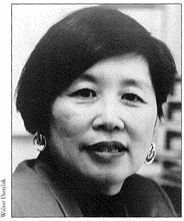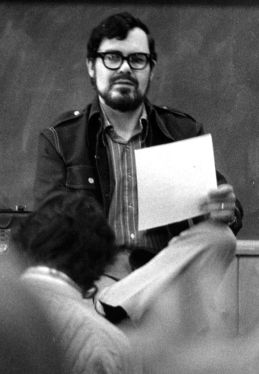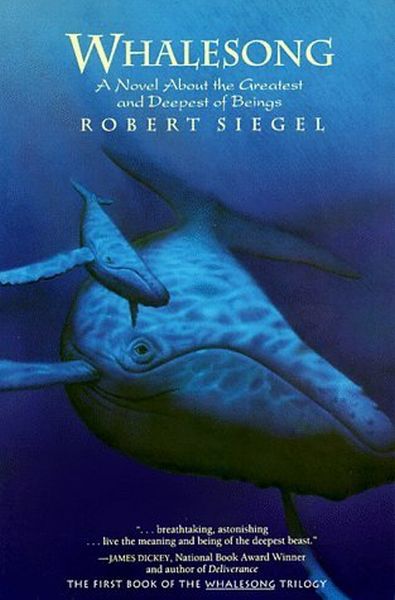Twenty years ago, the Wheaton Alumni magazine began a series of articles, titled “On My Mind”, in which Wheaton faculty told about their thinking, their research, or their favorite books and people. Former Professor of Education Jeanette Lowe Hsieh (who taught at Wheaton from 1990-1996) was featured in the Spring 1995 issue.
 One of my most vivid memories as I was growing up in San Diego, California, was Mrs. Buck, my fourth grade public school teacher. She was about 4’9″ with snowy white hair, and she carried a yardstick that appeared to me, as a ten-year-old, to be an extension of her arm. As a former Catholic nun she ran our class with an “iron fist.” Our daily classroom routine was to kneel and say three “Hail Marys” and four “Lord’s Prayers.” If I needed a few extra points on an assignment, all I needed to do was to carefully inscribe “JMJ,” meaning “Jesus, Mary, Joseph,” on the top of my paper and to write out a few “Lord’s Prayers” at the end of the page.
One of my most vivid memories as I was growing up in San Diego, California, was Mrs. Buck, my fourth grade public school teacher. She was about 4’9″ with snowy white hair, and she carried a yardstick that appeared to me, as a ten-year-old, to be an extension of her arm. As a former Catholic nun she ran our class with an “iron fist.” Our daily classroom routine was to kneel and say three “Hail Marys” and four “Lord’s Prayers.” If I needed a few extra points on an assignment, all I needed to do was to carefully inscribe “JMJ,” meaning “Jesus, Mary, Joseph,” on the top of my paper and to write out a few “Lord’s Prayers” at the end of the page.
Obviously, what we did as fourth graders in that San Diego public school is not tolerated in the public arena today, but Mrs. Buck planted a seed in my mind and heart that heightened a sensitivity to spiritual things. As a result, when Mrs. Higgins, a local public school principal, asked if she could drive my siblings and me to the local Southern Baptist Church for Sunday school, I was amenable. One by one, my sister, brother, and I made a personal commitment to the Lord, and eventually our parents were compelled to join us.
Both of these strategically placed public school educators were instrumental in my spiritual pilgrimage, underscoring for me the critical need for Christians to remain as teachers, parents, and students in the public arena to serve as salt and light. I cringe when I hear calls for believers to withdraw from the public school classrooms. Yes, Christian schools or home schools are a viable and appropriate alternative for many concerned evangelicals. But other Christians are called to remain in the public arena to provide a moral compass for the millions of public school children who will live in one nation representing many peoples and faiths.
There is a need for us to remain in society to shape ideas, reconstruct culture, and to ensure that the Christian distinctive is a clear choice, The New Testament emphasizes the importance of the Christian’s transforming work in the public marketplace. Without that Christian presence in my fourth grade, how would those spiritual seeds have been planted in my heart?
But how can we stay in the public arena when someone else’s worldview collides with ours? Different assumptions for understanding the world can cause conflict even among people who agree they want the best for children. I’d like to suggest that significant disagreements among educators, parents, and members of the community are inevitable and even healthy in a pluralistic society.
Faced with these differences, how should we conduct ourselves as we struggle to impact American education? We can either fight or communicate. For several years now, we have tried the confrontational approach, and the result is a great deal of tension characterized by fear and suspicion. The public schools are the bitter battleground of political skirmishes over controversial issues. We watch as groups with different worldviews belligerently confront each other with menacing strategies and inflammatory language resulting in greater bipolarization and ineffective dialogue.
I’d like to urge another approach—partnership. We need to build respectful relationships with the educational community to find common ground for mutual understanding. In my relationships with public school personnel I find little evidence that they grasp what we are saying, or why we are concerned. We must establish thoughtful dialogue so that they comprehend that the ideology of pluralism poses some vexing problems for Christian teachers and parents who believe in the exclusive claims of Christ and absolutes for belief and practice.
Christians cannot endorse everything others say, do, or believe. Galatians 5:16-23 calls for a boldness in taking a stand while at the same time cultivating patience, gentleness, and kindness in relating to others. The application to disagreements in public education is clear. Our priority as we genuinely listen, learn, and clarify is to develop out of our differences a shared partnership to promote an educated citizenry for a thriving democracy.
———-
The following statement was included at the time of publication:
Jeanette Lowe Hsieh M.A.’66 — Associate Professor of Education, Chair of the Education Department, Coordinator of the Master of Arts in Teaching Program. Dr. Hsieh received a bachelor’s degree from Westmont College, a master’s from Wheaton College, and a doctorate from Northern Illinois University. Her husband, Ted, teaches psychology and is chair of the Social Science Division at Judson College. They have two sons, Matthew ’93, a student at Northwestern University Medical School, and Benjamin, a senior at Larkin High School who plans to attend Wheaton in the fall. Dr. Hsieh is president of the Illinois Association of Colleges for Teacher Education.

